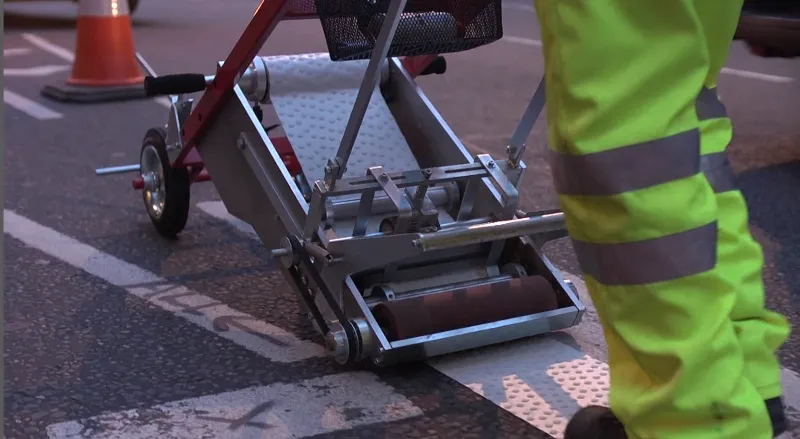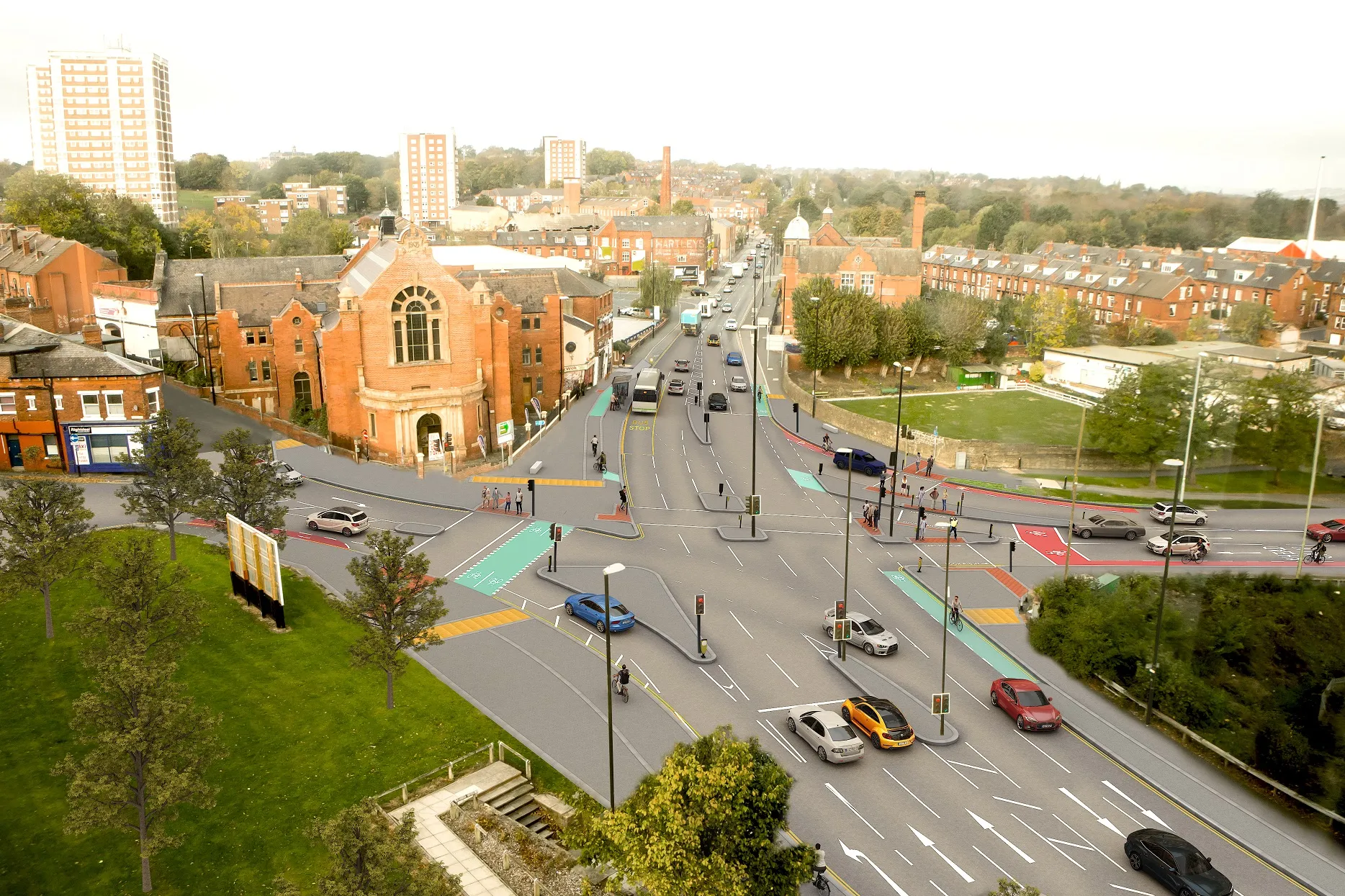The Humber Bridge Board in the UK is set to deploy an automatic tolling system at the famous structure near Kingston upon Hull in northern England from the autumn of 2014 to the spring of 2015. The number of manual payment toll booths is being reduced to three from six to accommodate two free-flow lanes and automatic tolling infrastructure. The updated booths are anticipated to be operational in June 2014 or early July 2014. Until the installation of the automated system is complete, the toll booths will co
May 13, 2014
Read time: 1 min
The Humber Bridge Board in the UK is set to deploy an automatic tolling system at the famous structure near Kingston upon Hull in northern England from the autumn of 2014 to the spring of 2015. The number of manual payment toll booths is being reduced to three from six to accommodate two free-flow lanes and automatic tolling infrastructure. The updated booths are anticipated to be operational in June 2014 or early July 2014. Until the installation of the automated system is complete, the toll booths will continue accepting manual payments. One staffed booth will also continue to operate.








